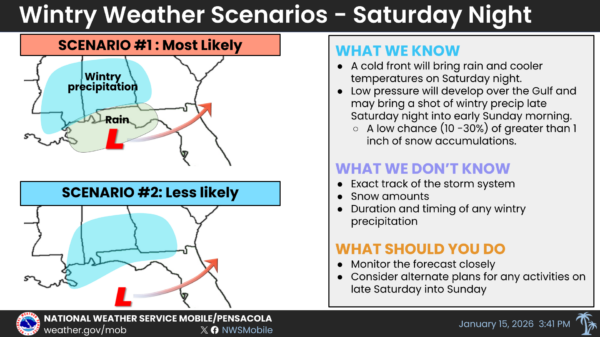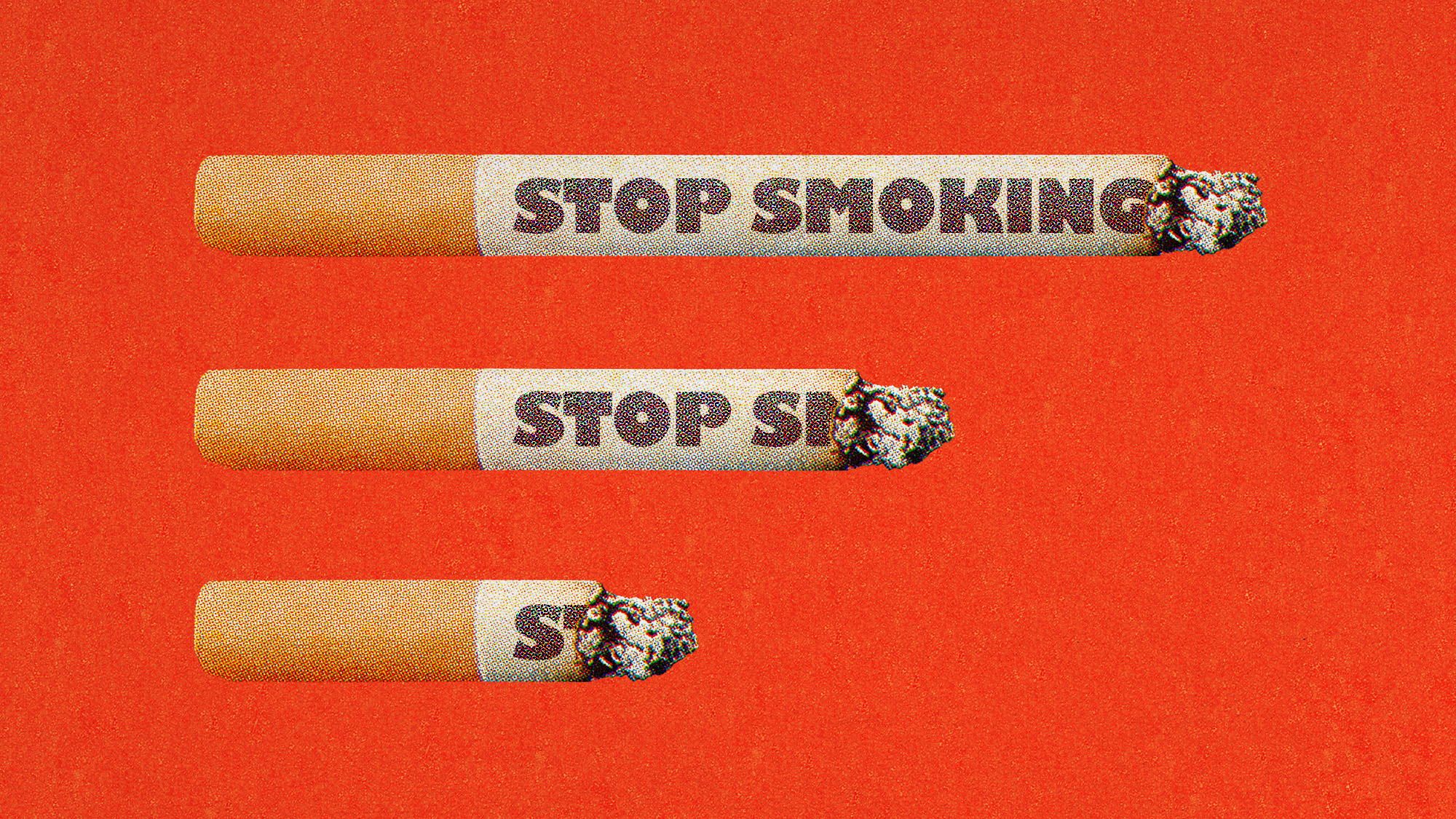The U.S. government has decided to discontinue the highly impactful anti-smoking campaign, Tips From Former Smokers, due to recent funding cuts. This decision, set to take effect by the end of September 2023, comes amidst broader budget reductions affecting the Centers for Disease Control and Prevention (CDC). The campaign, launched in 2012, has played a pivotal role in encouraging millions of Americans to quit smoking and has been widely recognized for its effectiveness.
Impact of the Campaign
The Tips From Former Smokers initiative was designed to raise awareness about the severe health consequences of smoking. It featured real-life stories from former smokers, highlighting their struggles and health issues. A study conducted in July 2024 estimated that the campaign generated approximately 2.1 million additional calls to tobacco quitlines from 2012 to 2023, demonstrating its significant influence on public health.
Historically, anti-smoking campaigns in the U.S. date back several decades, gaining momentum as research in the 1940s and 50s began to reveal the dangers of tobacco use. The establishment of advocacy groups, such as Action on Smoking and Health, pushed for media outlets to provide free time for anti-smoking advertisements, contributing to a decline in cigarette consumption. The CDC’s initiative was notable for being the first federally sponsored campaign aimed at educating the public specifically about the dangers of smoking.
Consequences of Discontinuation
The decision to end the Tips From Former Smokers campaign has raised concerns among health advocates. According to a CDC staff member who worked in the Office on Smoking and Health, “Ending the Tips campaign is a decision that will cost people their lives and American taxpayers millions of dollars in healthcare costs.” Tobacco remains the leading cause of preventable death in the U.S., accounting for nearly 490,000 deaths annually. Furthermore, over 16 million Americans currently live with a disease caused by smoking, underscoring the urgent need for effective public health campaigns.
The absence of this campaign is expected to have negative repercussions on smoking rates. A former CDC employee warned, “If we take our foot off the gas, what do we think will happen? Tobacco use rates will increase among youth and fewer adults will quit.” Studies indicate that nearly 90% of adults who smoke daily tried their first cigarette by age 18, highlighting the importance of early intervention through educational campaigns.
Public sentiment reflects a strong support for anti-smoking initiatives; a recent poll by Ipsos found that approximately 72% of Americans believe that advertisements aimed at reducing smoking are essential. The discontinuation of this campaign is seen not just as a budgetary issue but as a significant public health setback.
The loss of the Tips From Former Smokers campaign represents a critical juncture in the ongoing struggle against tobacco addiction. As advocates continue to emphasize the need for robust anti-smoking measures, the future of tobacco control in the U.S. may face daunting challenges without the national platform that the campaign provided.






































































